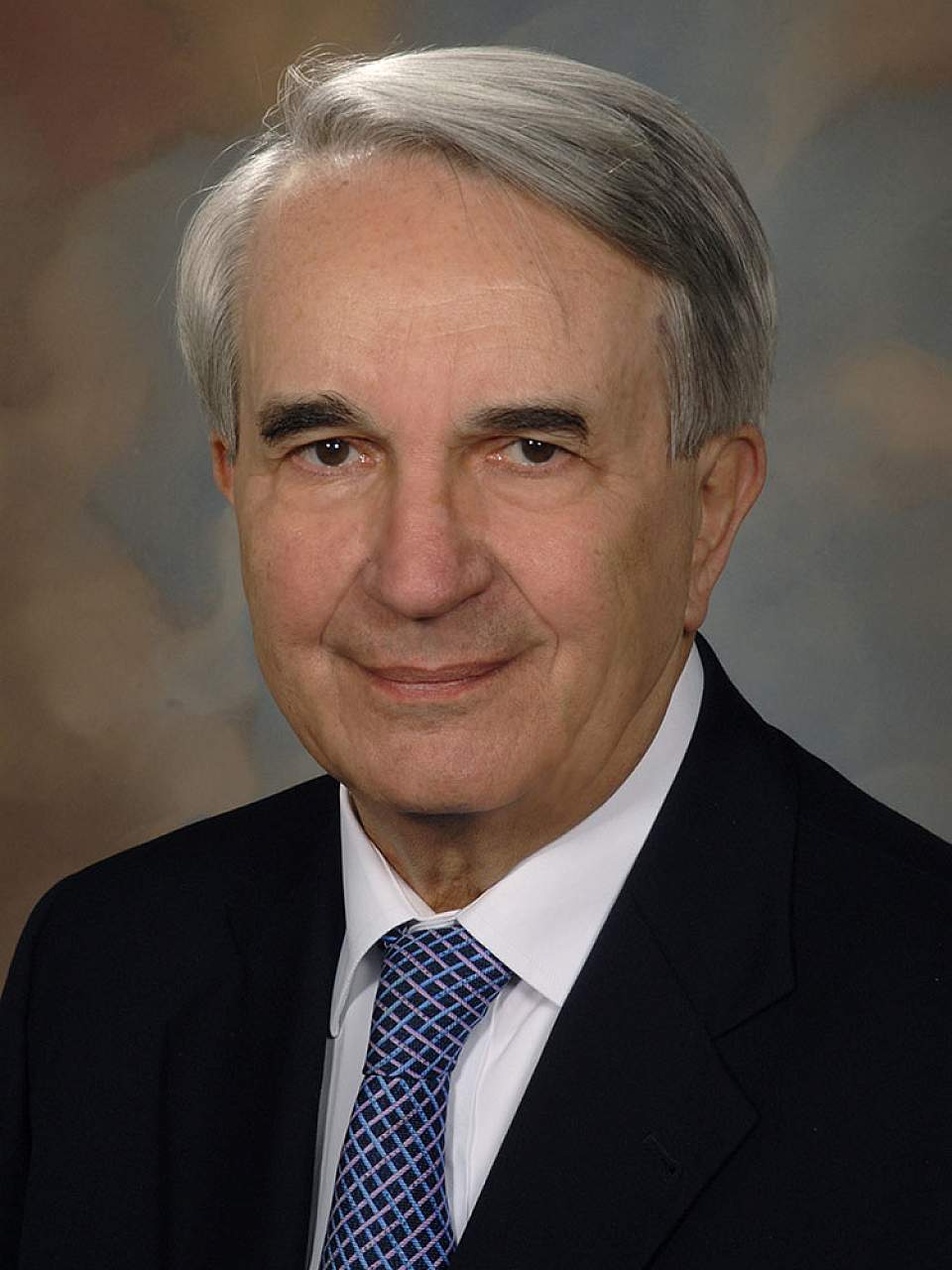
Education History
| Graduate Training |
Institute of Chemical Technology |
MS, Macromolecular Chemistry |
|---|---|---|
| Doctoral Training |
Institute of Macromolecular Chemistry, Czechoslovak Academy of Sciences |
PhD, Macromolecular Chemistry |
| Doctoral Training |
Czechoslovak Academy of Sciences |
DSc, Chemistry |
| Postdoctoral Fellowship |
National Research Council of Canada |
Postdoctoral Fellow |
Selected Publications
Journal Article
-
J. Kopeček, Hydrophilic Biomaterials: From Crosslinked and Self-Assembled Hydrogels to Polymer-Drug Conjugates and Drug-Free Macromolecular Therapeutics. J. Controlled Release 373, 1-22 (2024); https://doi.org/10.1016/j.jconrel.2024.05.012. Invited “Magnum Opus” manuscript.
-
M.T. Gambles, S. Li, I. Kendell, J. Li, D. Sborov, P. Shami, J. Yang, J. Kopeček, Multiantigen T-Cell Hybridizers: A Two Component T-Cell Activating Therapy. ACS Nano 18, 23341-23353 (2024); https://doi.org/10.1021/acsnano.4c06500.
-
J. Li, M.T. Gambles, B. Jones, J.A. Williams, N.J. Camp, P.J. Shami, J. Yang, J. Kopeček, Human Serum Albumin-Based Drug-Free Macromolecular Therapeutics Induce Apoptosis in Chronic Lymphocytic Leukemia Patient Cells by Crosslinking of CD20 and/or CD38 Receptors. Drug Delivery Translational Res. 14, 2203-2215 (2024); https://doi.org/10.1007/s13346-024-01629-3.